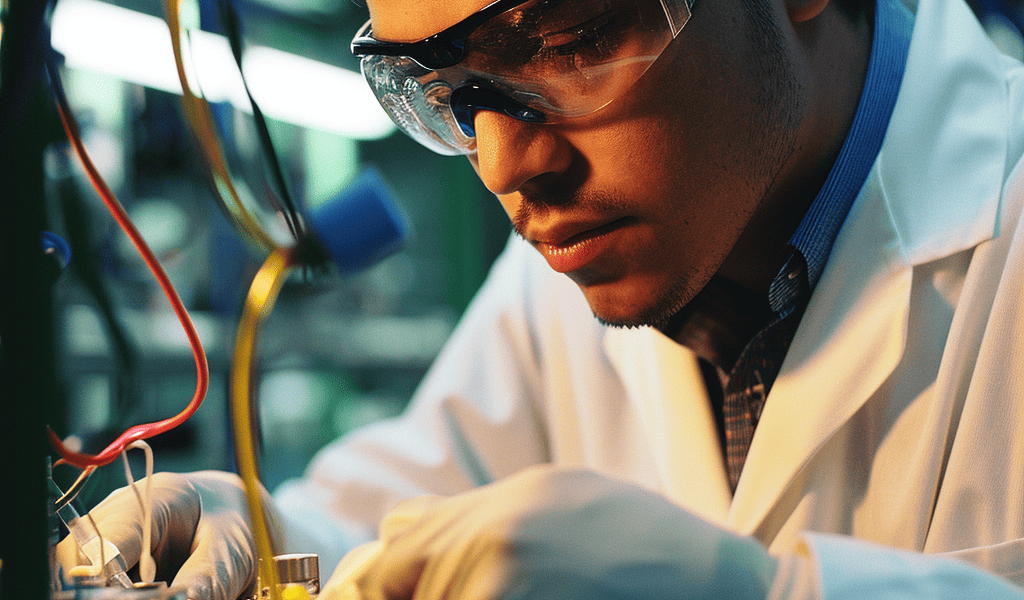UChicago chemists have made a groundbreaking discovery that could revolutionize the field of chemistry. In a recent study published in Nature Catalysis, researchers found a way to use electricity to enhance a type of chemical reaction commonly employed in the synthesis of new pharmaceutical drugs.
As the world shifts towards electricity as a more sustainable power source, the need for greener manufacturing processes becomes increasingly urgent. The study’s findings present a promising avenue for making chemical reactions more sustainable and environmentally friendly.
Anna Wuttig, the Neubauer Family Assistant Professor at UChicago and the senior author of the paper, emphasized the significance of understanding the fundamental processes occurring at the electrode interface. By gaining insights into these interactions, researchers hope to predict and design more efficient chemical reactions, ultimately advancing the field of electrochemistry.
Electrochemistry, while holding great potential for enhancing chemical reactions, is a complex field. The introduction of a conductive solid (an electrode) into the reaction mix adds a layer of complexity, as molecules interact not only with each other but also with the electrode. Wuttig, however, views this complexity as an opportunity to leverage electrochemistry as a unique design lever.
The research team focused on the catalytic role of the electrode surface in a commonly used chemical reaction for pharmaceutical manufacturing. By gaining a deeper understanding of the molecular interactions at the electrode surface, the researchers aim to systematically control and optimize these interactions at the molecular level.
This breakthrough has the potential to not only boost the efficiency of chemical reactions but also contribute to the global efforts in transitioning towards greener manufacturing processes. By harnessing electricity from renewable sources, this innovative approach could play a pivotal role in making the chemical industry more sustainable.
The study marks a significant step forward in the field of electrochemistry and paves the way for a more sustainable and environmentally conscious approach to chemical synthesis.





